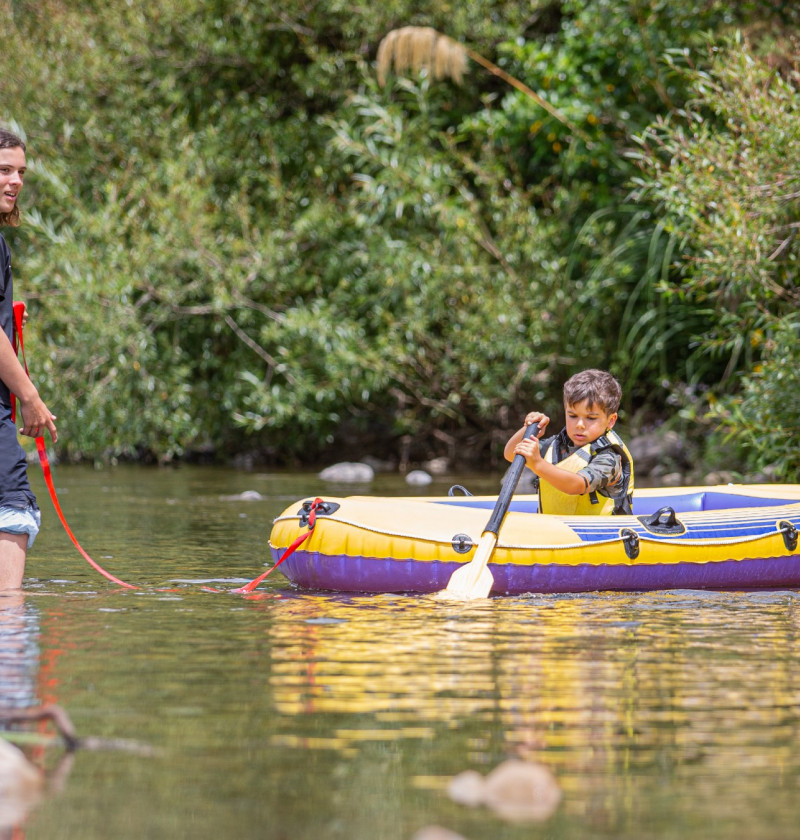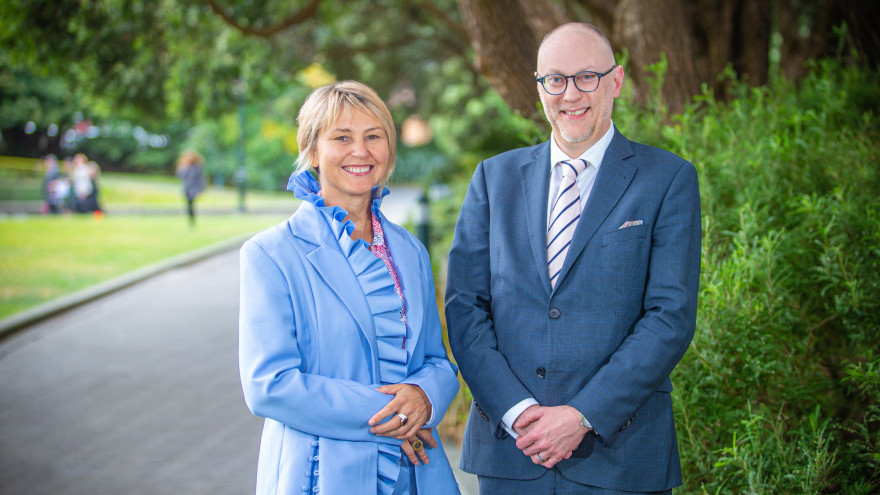Message to readers

Our freshwater 2020 lands at a time when Aotearoa New Zealand is in the midst of a discussion about what is required to improve the health of our freshwater.

As a nation, we value and care deeply about our freshwater – for its own sake as well as the benefits it provides for our wellbeing and our economy.
There is broad and increasing recognition that things need to change, and a growing willingness to act.
This report provides the evidence to enable an open and honest conversation about our choices going forward. It builds on the information we have presented in previous reports but goes deeper into the evidence, to provide insights on the most pressing issues for freshwater today and into the future.
Our freshwater 2020 aims to tell a national story, while recognising that significant regional variations exist. Each catchment has a distinct mix of climate, geology, and land uses within it. The combination of these features, and how (and how fast) water moves from sky to soil and groundwater and from mountains to sea, makes it challenging to provide definitive statements about the trends we are seeing at a national level.
What we can take from the report, however, is that the choices we make have impacts on our freshwater. How we live in our towns and cities, and the way we sustain our economy with factories, farms, and forests all make a contribution.
Just as regional and catchment variations influence freshwater locally, solutions are likely to be effective at these scales too. Our freshwater 2020 features examples where different groups – schools, communities, tangata whenua, farmers, businesses, and central and local government – are working together towards a common goal.
Understanding the current state of our freshwater and the pressures on it, is essential groundwork for decisions about where to put our efforts. The data and science presented here is up to date and the best available, but there is much more we need to know. A healthy environment underpins our wellbeing and economic prosperity, yet investment in environmental data has lagged behind other data, like economic data.
Work is underway to build an environmental monitoring and reporting system that will be foundational for decision-making and community action. It will take time and investment, but there is clear consensus around the importance of this work.
Changes in the state of our freshwater – both positive and negative – can take time. Some of the effects we are seeing today are legacies from our parents and grandparents. In some places we can expect to wait decades to see the results of our efforts to raise the health and mana of water. Nevertheless, we can’t afford to slow the pace of change.
Whatever your connection to water, we trust this report will inform your discussions about ensuring the freshwater our children and mokopuna inherit is healthy, vital, and plentiful.
Vicky Robertson Mark Sowden
Secretary for the Environment Government Statistician

Message to readers
April 2020
© Ministry for the Environment